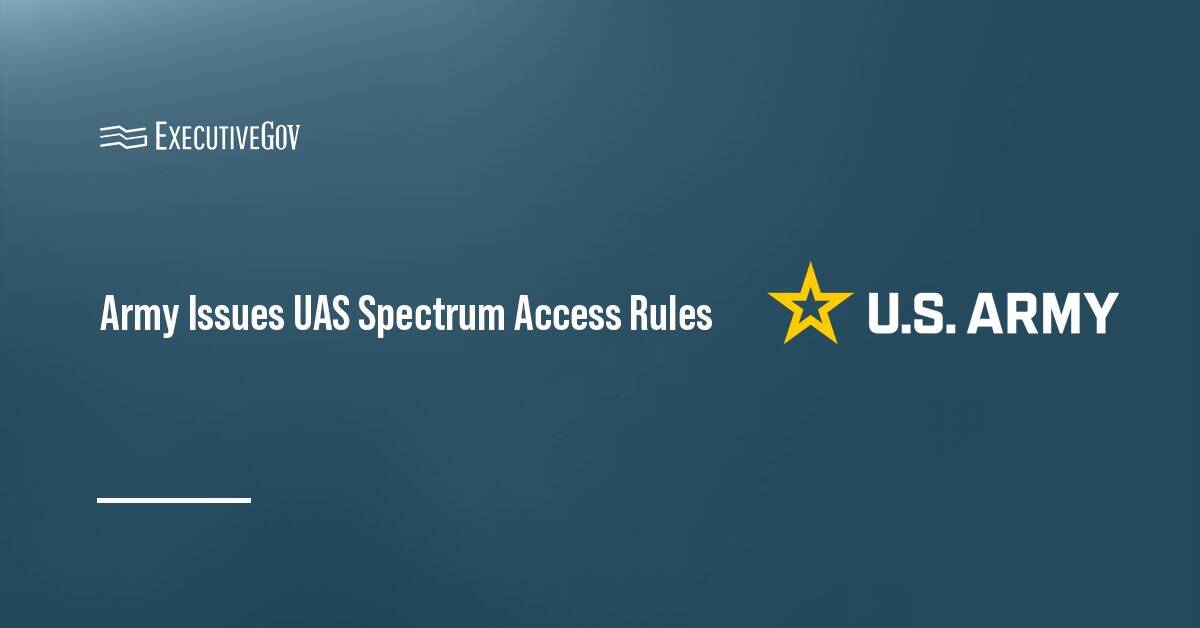The National Nuclear Security Administration has entered into a $25 million cooperative agreement with a consortium of 16 universities to conduct research and development centered on nuclear forensics.
Led by the University of Florida, the consortium will receive $5 million annually for five years to explore innovations supporting the agency’s nuclear security and nonproliferation missions, the Department of Energy announced Wednesday.
The cooperative agreement involves the following universities:
- City University of New York
- Clemson University
- George Washington University
- Iowa State University
- North Carolina State University
- Oregon State University
- Pennsylvania State University
- South Carolina State University
- Texas A&M University
- University of California, Berkeley
- University of Central Florida
- University of Michigan
- University of Nevada, Las Vegas
- University of Notre Dame
- University of Tennessee, Knoxville
The consortium will work with seven of DOE’s national laboratories: Lawrence Berkeley, Lawrence Livermore, Los Alamos, Oak Ridge, Pacific Northwest, Sandia, and Savannah River.
“The role of universities for nuclear forensics research is to innovate and develop some of the most challenging and fundamental aspects of new technology and methods,” said Keith McManus, university program manager for NNSA’s Office of Defense Nuclear Nonproliferation R&D unit. “Once these basic aspects have been proven at the university level, the Department of Energy’s National Laboratories can fulfill their unique role to perform mission-specific research and development that improves on capabilities for adoption by operational enterprises.”





